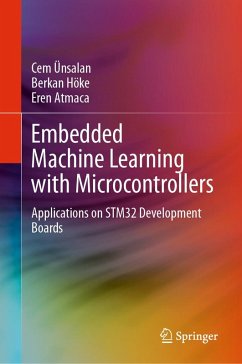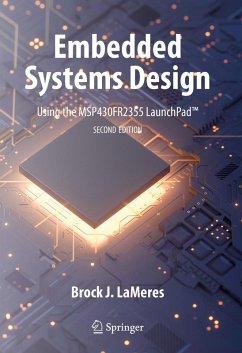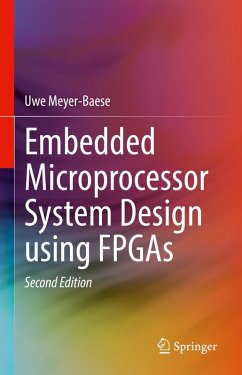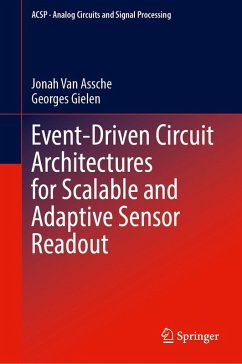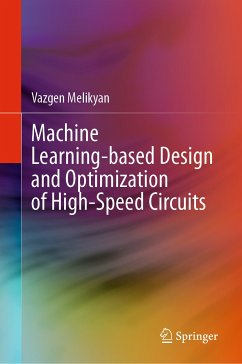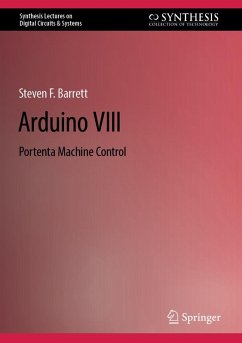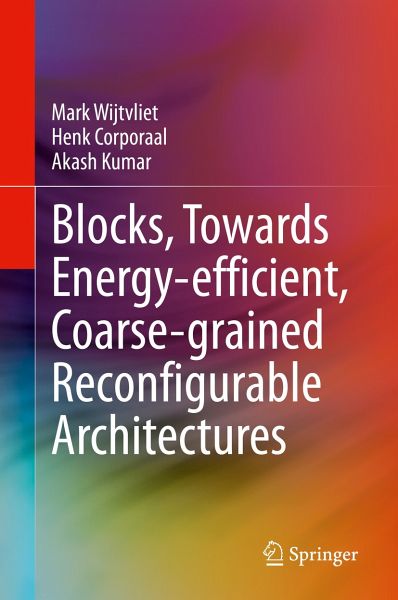
Blocks, Towards Energy-efficient, Coarse-grained Reconfigurable Architectures (eBook, PDF)
Versandkostenfrei!
Sofort per Download lieferbar
48,95 €
inkl. MwSt.
Weitere Ausgaben:

PAYBACK Punkte
24 °P sammeln!
This book describes a new, coarse-grained reconfigurable architecture (CGRA), called Blocks, and puts it in the context of computer architectures, and in particular of other CGRAs. The book starts with an extensive evaluation of historic and existing CGRAs and their strengths and weaknesses. This also leads to a better understanding and new definition of what distinguishes CGRAs from other architectural approaches.The authors introduce Blocks as unique due to its separate programmable control and data paths, allowing light-weight instruction decode units to be arbitrarily connected to one or m...
This book describes a new, coarse-grained reconfigurable architecture (CGRA), called Blocks, and puts it in the context of computer architectures, and in particular of other CGRAs. The book starts with an extensive evaluation of historic and existing CGRAs and their strengths and weaknesses. This also leads to a better understanding and new definition of what distinguishes CGRAs from other architectural approaches.
The authors introduce Blocks as unique due to its separate programmable control and data paths, allowing light-weight instruction decode units to be arbitrarily connected to one or more functional units (FUs) over a statically configured interconnect. The discussion includes an explanation of how to model architectures, resulting in an area and energy model for Blocks. The accuracy of this model is evaluated against fully implemented architectures, showing that although it is three orders of magnitude faster than synthesis the error margin is very acceptable. Thebook concludes with a case study on a real System-on-Chip, including a RISC architecture, the Blocks CGRA and peripherals.
The authors introduce Blocks as unique due to its separate programmable control and data paths, allowing light-weight instruction decode units to be arbitrarily connected to one or more functional units (FUs) over a statically configured interconnect. The discussion includes an explanation of how to model architectures, resulting in an area and energy model for Blocks. The accuracy of this model is evaluated against fully implemented architectures, showing that although it is three orders of magnitude faster than synthesis the error margin is very acceptable. Thebook concludes with a case study on a real System-on-Chip, including a RISC architecture, the Blocks CGRA and peripherals.
Dieser Download kann aus rechtlichen Gründen nur mit Rechnungsadresse in A, B, BG, CY, CZ, D, DK, EW, E, FIN, F, GR, HR, H, IRL, I, LT, L, LR, M, NL, PL, P, R, S, SLO, SK ausgeliefert werden.



